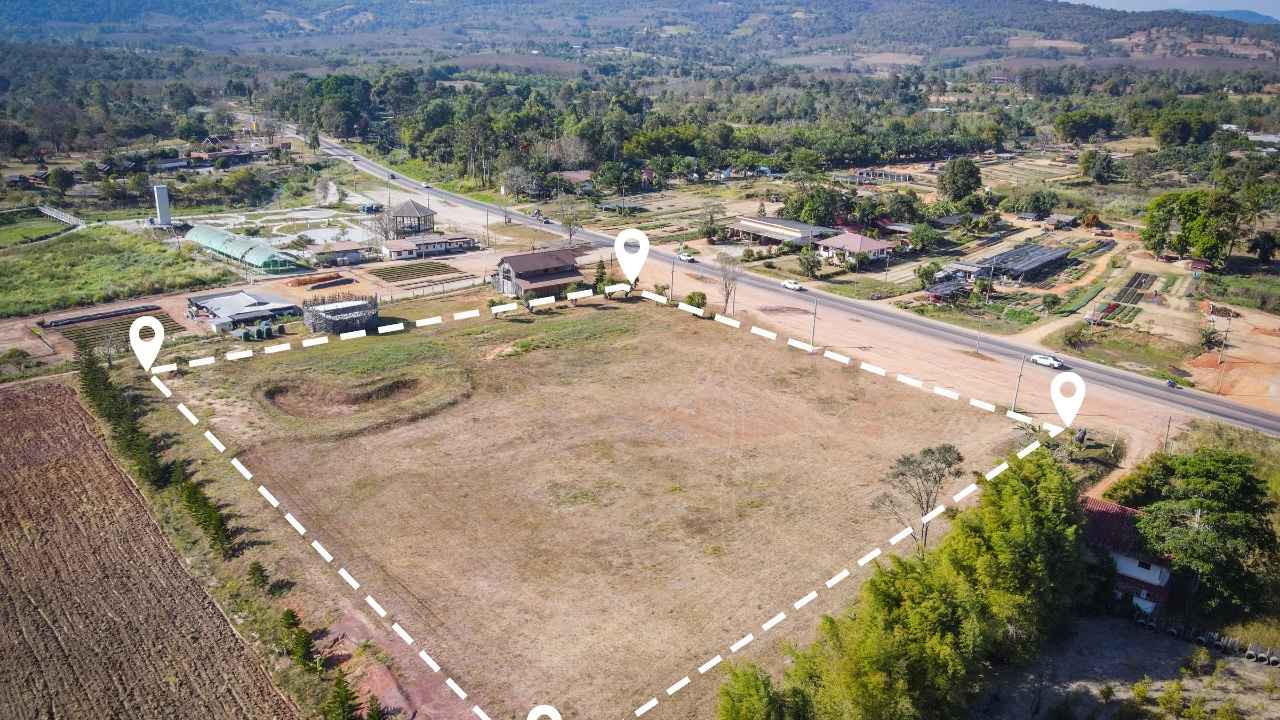The Land Act, 2012 of Kenya, governs the rights and obligations of chargees (lenders who hold a charge over land as security for a loan) under Sections 82 and 83, specifically addressing the concepts of tacking and consolidation.
Below is an explanation of these rights based on the provisions of the Act:
Section 82: Tacking
Tacking refers to the ability of a chargee to add further advances to an existing charge, thereby securing additional loans under the same security (land) without creating a new charge. Section 82 of the Land Act, 2012, regulates this practice as follows:
- No General Right to Tack:
- Subsection (3) explicitly states that there is no right to tack unless expressly provided for in the charge instrument. This means tacking is not an automatic right and must be contractually agreed upon by the parties.
- Further Advances:
- Where a charge allows for further advances, the chargee may tack additional loans onto the existing charge, provided this is stipulated in the charge document.
- However, Subsection (4) clarifies that if the charge provides for repayment of the principal sum by installments, such payments are not considered further advances for the purposes of tacking.
- Priority of Charges:
- Tacking does not affect the priority of the original charge. The Land Act emphasizes the principle of priority, where a charge registered earlier generally takes precedence over later charges unless fraud is proven. Tacking, therefore, does not inherently alter this priority but allows the chargee to secure additional advances under the same charge.
- Practical Implication:
For tacking to occur, the charge instrument must clearly outline the right to make further advances. Without this provision, any additional loan would require a new charge, which could affect priority, especially if other charges have been registered in the interim.
Section 83: Consolidation
Consolidation allows a chargee who holds multiple charges over different properties from the same chargor (borrower) to treat them as a single security, requiring the chargor to redeem all charges simultaneously rather than individually.
- Right to Consolidate:
- Subsection (1) provides that unless the charge instrument expressly states otherwise, a chargor with multiple charges with a single chargee over several securities can discharge any one charge without redeeming all charges. This effectively limits the chargee’s ability to enforce consolidation unless it is explicitly reserved in the charge instrument.
- Registration of Consolidation:
- If consolidation is agreed upon, Subsection (2) requires the chargee to record this right in the register against all charges that are consolidated. This ensures transparency and clarity in the land registry regarding the chargee’s rights.
- Abolition of Equitable Consolidation Rules:
- Subsection (3) abolishes the application of traditional rules of equity concerning consolidation upon the commencement of the Land Act, 2012. This means that consolidation is now strictly governed by the statutory provisions and the terms of the charge instrument, rather than common law principles.
- Practical Implication:
- Consolidation protects the chargee by ensuring that the chargor cannot selectively redeem one charge while leaving others outstanding, provided the right is reserved in the charge instrument and recorded. This can prevent the chargor from undermining the chargee’s security by redeeming only part of the secured properties.
Key Considerations
- Contractual Agreement: Both tacking and consolidation depend heavily on the terms of the charge instrument. Without express provisions allowing these rights, they cannot be exercised.
- Priority and Fraud: The principle of priority, as upheld in court cases (e.g., the Court of Appeal case involving CBA and Co-op Bank), remains critical. A chargee’s rights to tack or consolidate do not override the priority of an earlier registered charge unless fraud is proven.
- Legal Safeguards: The Land Act, 2012, ensures that these rights are not abused by requiring clear documentation and registration, aligning with the Act’s broader goal of transparent and sustainable land administration.
Conclusion
Under Sections 82 and 83 of the Land Act, 2012, a chargee’s rights to tacking and consolidation are tightly regulated and depend on express provisions in the charge instrument. Tacking allows additional advances to be secured under an existing charge, but only if explicitly permitted, and installment payments are not considered further advances. Consolidation enables a chargee to treat multiple charges as a single security, but this right must be recorded in the register and cannot rely on equitable principles post-2012. These provisions balance the interests of chargees and chargors while maintaining clarity in land transactions.



